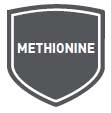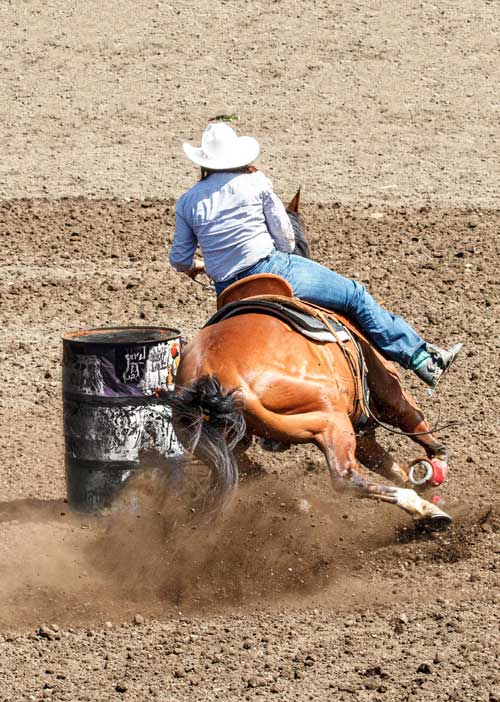
Sentinel Horse Nutrition offers expert guidance in their eBook "Helping All Horses Live Healthier Lives". Read the excerpt below and be sure to get your free copy of the entire eBook!
Protein and Muscle Recovery for Performance Horses
Protein is a vital part of a horse’s diet. This is particularly true of performance horses as protein aids in muscle development, repair and overall health. Understanding the importance of specific amino acids will give your clients’ horses the best chance of top performance and recovery.
Amino acids: the building blocks of muscle.
Amino acids are the building blocks of protein, but not all amino acids are equally present in an equine diet. Limiting amino acids, such as lysine, methionine and threonine, cannot be synthesized by the horse and must be provided through feed. When these essential amino acids are in short supply, the horse’s ability to utilize other amino acids is restricted, which can negatively impact muscle development, repair and overall performance.
Competitive horses with an amino acid deficiency may exhibit signs such as poor topline development, muscle loss despite adequate caloric intake, delayed recovery after exercise and lack of stamina. Behavioral indicators may include reluctance to engage in strenuous activity, difficulty building or maintaining muscle mass and a dull coat, as protein also plays a role in skin and hair health. Ensuring a balanced intake of essential amino acids is critical in supporting peak athletic performance, strength and recovery.
In equine nutrition, the primary limiting amino acids are:
 Often the first limiting amino acid in equine diets, lysine is essential for growth and muscle development.
Ensuring adequate lysine intake supports optimal protein synthesis.
Often the first limiting amino acid in equine diets, lysine is essential for growth and muscle development.
Ensuring adequate lysine intake supports optimal protein synthesis.
 This sulfur-containing amino acid plays a role in the synthesis of other proteins and supports hoof and
hair health.
This sulfur-containing amino acid plays a role in the synthesis of other proteins and supports hoof and
hair health.
 This amino acid is important for immune function and gut health and contributes to muscle protein synthesis.
This amino acid is important for immune function and gut health and contributes to muscle protein synthesis.

Protein quality and digestibility.
Incorporating high-quality protein sources like soybean meal or alfalfa ensures the availability of essential amino acids necessary for muscle maintenance and repair. Performance horses experience significant muscle stress during training and competition, and intense exercise can cause microdamage to muscle fibers, requiring proper protein intake for recovery and adaptation.
Without adequate amino acids, muscle recovery slows, leading to fatigue, loss of topline and diminished performance. Ensuring a diet rich in essential amino acids supports strength, endurance and the ability to perform over time.
“Protein plays a vital role in muscle development, tissue repair and the horse’s overall health, but it works best as part of a wellrounded diet,” Sturken says. “It's important to balance protein with other energy sources to meet the horse's overall nutritional needs without overloading.”
Get Your Free eBook
You can find out more about protein and muscle recovery for performance horses in the full eBook "Helping All Horses Live Healthier Lives".


































